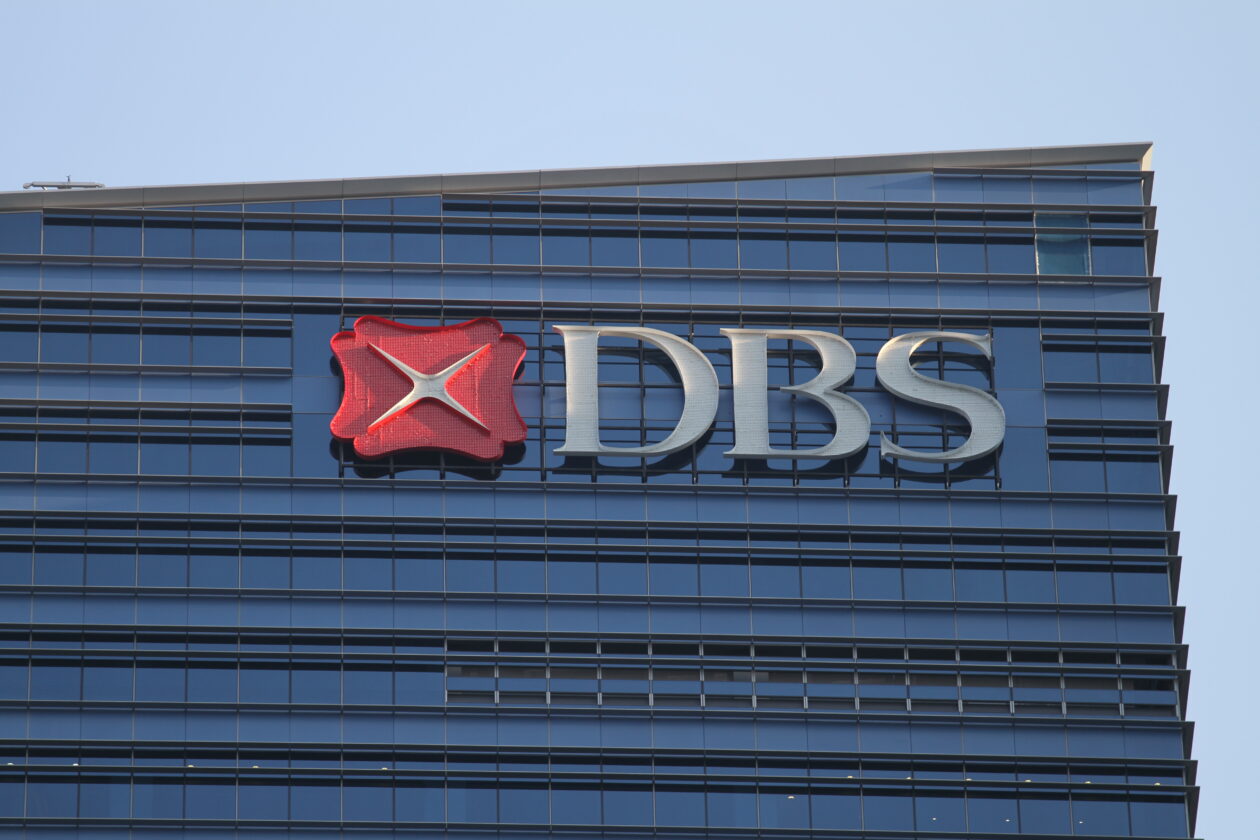Singapore-based DBS Bank, the largest lender in Southeast Asia, said it is one of the first banks to test trading of foreign exchange and government securities using permissioned decentralized finance (DeFi) liquidity pools on a public blockchain.
The trades – part of the city-state’s Project Guardian to explore and test financial technology developments – comprised purchase and sale of tokenized Singapore government securities, the Singapore dollar, Japan government bonds and Japanese yen, DBS said in a statement emailed to Forkast.
See related article: DeFi explained: The guide to decentralized finance
Project Guardian, an initiative between Singapore’s central bank and the financial industry, seeks to explore feasibility of applications in asset tokenization and DeFi while managing risks to financial stability and integrity.
The pilot, a partnership between DBS Bank Ltd., JP Morgan and SBI Digital Asset Holdings, involves creation of a permissioned liquidity pool comprising tokenized bonds and deposits.
The move comes at a time when the Monetary Authority of Singapore (MAS), the city-state’s central bank, is focused on becoming the leading technology-driven financial center in Asia, embracing blockchain and central bank digital coins.
See related article: Singapore’s MAS says needs to do better job explaining crypto policy
“This test trade has demonstrated that by harnessing the power of blockchain, the standards by which financial institutions currently deal with each other can be transformed and reimagined for greater efficiency and transparency,” said Han Kwee Juan, group head of strategy and planning, at DBS.
Han said that Project Guardian showed trading in a permissioned Defi protocol enables instant trading, settlement, clearing, and custody, all at the same time. This could transform current trading processes, as trading in a permissioned Defi protocol achieves greater efficiency by reducing friction and minimizing risks.
“A highly liquid market attracts more investors and achieves efficiency gains by bypassing intermediaries,” Han said in the statement.
Currently, FX and government securities are primarily transacted in the over-the-counter markets and involve multiple intermediaries leading to friction in the settlement process, Han said.
Sopnendu Mohanty, Chief FinTech Officer at MAS, said in a statement on Wednesday, “The live pilots led by industry participants demonstrate that with the appropriate guardrails in place, digital assets and decentralized finance have the potential to transform capital markets.”
(Updates to add SBI Holdings as part of pilot, quote at end.)





